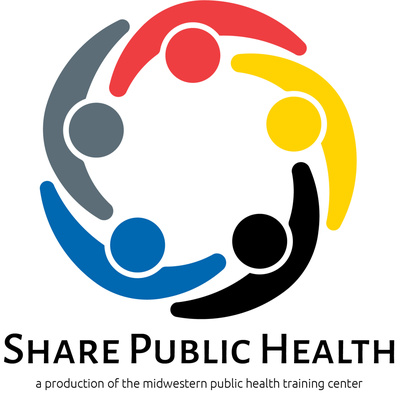The goal of the CASPER Awareness Scenario is to develop a basic understanding of what a Community Assessment for Public Health Emergency Response (CASPER) is and how it can be used following a disaster. This course was developed by the Upper Midwest Preparedness and Emergency Response Center and the Iowa Department of Public Health. It takes about an hour to complete.
 Basic Epidemiology
Basic Epidemiology
There are four modules in this course: 1. Important Terms in Epidemiology 2. Models for Understanding the Infectious Process 3. Epidemiology in Practice 4. Surveillance There are review questions at the end of modules 1 and 2. These review questions will provide you with an opportunity to apply the knowledge and skills presented in these modules. There is a quiz at the end of module 3. In addition, some modules contain practice exercises to help you better understand the material. Upon completion of this course, you will be able to: - Discuss important terms and concepts for basic epidemiology practice. - Describe the inter-related aspects of the infectious disease process and methods of breaking this "chain" of infection. - Understand basic epidemiology in practice, using a case study of a food-borne outbreak as an example. - Perform basic surveillance tasks in an appropriate and timely manner. - Utilize your regional epidemiologist as a resource for outbreak investigations.
Inclusive Just-in-Time Training for Public Health Investigations (PHI)
Inclusive Just-in-Time Training (I-JITT) for Public Health Investigations is a comprehensive and systematic toolkit designed to support individuals leading and responding to a public health emergency. Its approach to training is aligned with best practice from the field of adult learning theory. The toolkit consists of five components: Implementation Instructions for the Preparedness Planner, an Operational Briefing Checklist for the Epidemiology/Surveillance Group Supervisor, a Field Training Guide for Team Leaders (complete with Job Action Sheets), a “Go-Guide” job aide for surge responders to utilize during an incident, and a short evaluation form to evaluate the I-JITT approach. This training was developed by the Multnomah County Advanced Practice Center.





